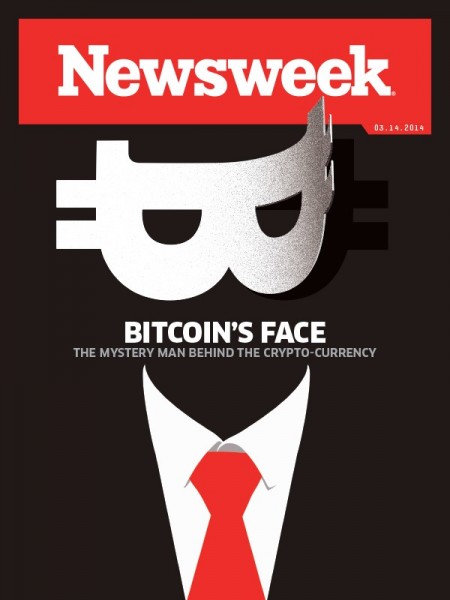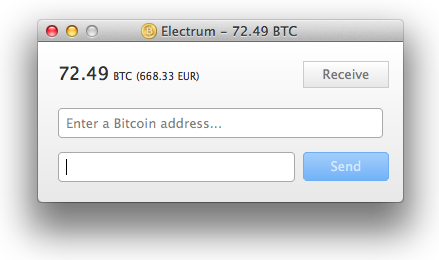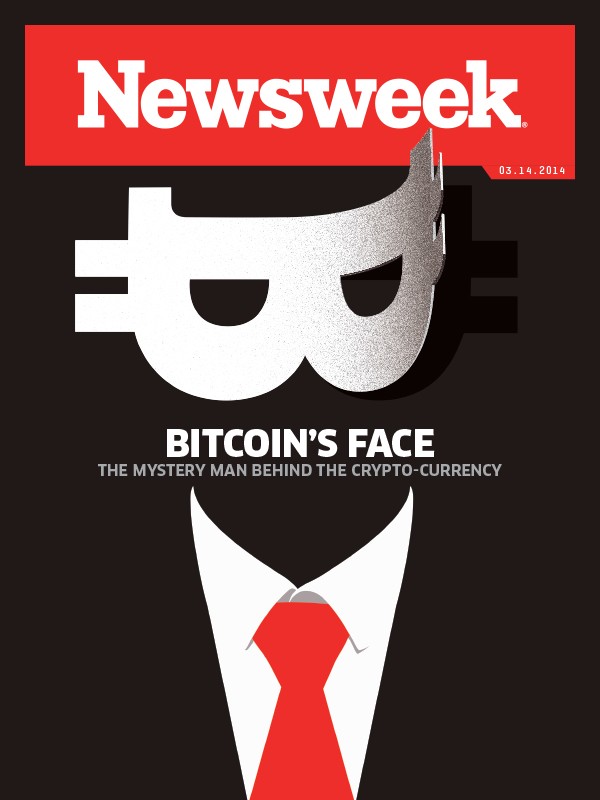
We woke up today to the news that the mysterious founder of Bitcoin has been found; and that his name is indeed Satoshi Nakamoto. That news was quickly followed by reports of the original report was mistaken, and the person they found is denying all connections to Bitcoin. All of which has resulted in discussions about individual privacy.
The events unfold with a story by Newsweek magazine detailing the life of a 64-year old man who supposedly created Bitcoin. Dorian Nakamoto, who changed his name from Satoshi, lives in Southern California and has background in engineering and working for military defence contractors. Other evidence cited is the fact that Bitcoin appeared at around the same time Nakamoto was having trouble with holding a full time job, his libertarian views against government control over currency, and a purported interview with journalist Leah McGrath Goodman.
Naturally, this changed when Nakamoto changed his tune and informed an Associated Press reporter that he did not invent Bitcoin and didn’t even know what it was until his son told him about it. Other technology news outlets have also begun to question the accuracy of the report, point out the weaknesses in the circumstantial evidence.

Cryptocurrency has grown exponentially over the last few years. One Bitcoin is currently worth some RM2,163; although that value has fluctuated greatly over the last few months. However, as much as it is now considered an investment, Bitcoin suffers from a connection to organised crime. Most of which happens over the infamous Silk Road, which supplies everything from drugs to firearms.
Criminals and legitimate users both enjoy cryptocurrency due to the anonymity it can provide, “can” being the emphasis of that statement. Due to the nature of Bitcoin, it is very easy to trace unless steps are taken to conceal the origin of the transaction. Created by a person who has managed to remain unidentified for years, this anonymity appeals to those who are either distrustful of the banking system or want to avoid being tracked by anyone.
Which brings us to the question of the need to identify this person. The point of cryptocurrency is that it shields a person from identification, allowing a sense of privacy in an environment that is increasingly watched and spied upon by not only governments, but also large corporations. On some level, it is similar to the experience provided by anonymous message boards like Reddit and 4chan.

It is important that such a system exists. Yet, it is not as important that we publicise and glorify the man behind it. Especially if he (or they) refuse to be identified. Perhaps it would be a different story if cryptocurrency were to become a globally accepted currency. It would then be a matter of historical record that this individual become known.
As of now, it is a pipedream: an imperfect system with many people working to correct the flaws and create a safe economy for all to use. Essentially, while Satoshi Nakamura is the name on the whitepaper which brought the concept into existence, it is the hundreds of others working on Bitcoin who will bring it into mainstream use.
One could draw comparisons between these current events and the lead character from Alan Moore’s V for Vendetta (ignoring the movie that completely missed the point). The titular V is mainly a symbol for a set of ideals and a catalyst for events to unfold. His identity is never revealed to reinforce the point that the man behind the mask does not matter. Although, much like Newsweek’s work to unmask Satoshi Nakamoto there is a side plot concerning his origins.
Also importantly, the set of ideals represented by V changes according to the person behind the mask. As the original V set out to destroy those who wronged him and bring about the collapse of society, his successor had the task of rebuilding what was lost.
If you would pardon the comparison here, Nakamoto built the foundation of Bitcoin. Which in the early stages worked as intended, but is now showing the flaws in the foundation. The thefts that occurred at Mt Gox and Flexcoin has served to remind the public that cryptocurrency is still very much in its infancy. However, now that Nakamoto has taken a back seat in the development process, it is up to whoever rises to the challenge to correct those flaws.
Similarly, there are no records of the person who first invented the bank note. All we know is that development began during the Tang dynasty in the 7th century CE and was later imported into Europe by Marco Polo.

As for the Newsweek report about the identity of the creator of Bitcoin, it is becoming more notable for the lack of professionalism displayed by the journalist than for uncovering the identity of Nakamoto. Publicly exposing a private individual’s details in a global magazine has raised more than a few questions about Nakamoto’s right to privacy; a right guaranteed by the United Nations Convention on Human Rights. A Convention of which the USA is a signatory.
Essentially, it does not matter who Satoshi Nakamoto is. Instead, it is enough that Nakamoto does exist and has created Bitcoin. A more important person would be the one who succeeds in repairing the damage done to cryptocurrency. Creating a medium of exchange that is both secure and has official recognition. It could be current chief scientist at the Bitcoin Foundation, Gavin Andresen; or it could be Litecoin founder Charles Lee; or a yet undiscovered unknown.
There are, after all more than 60 different cryptocurrencies in circulation. Given the odds, one of them should result in a revolution that will change the way the world thinks about money. When that happens, then we can start to worry about who created what. Until then, the future of currency awaits us.


